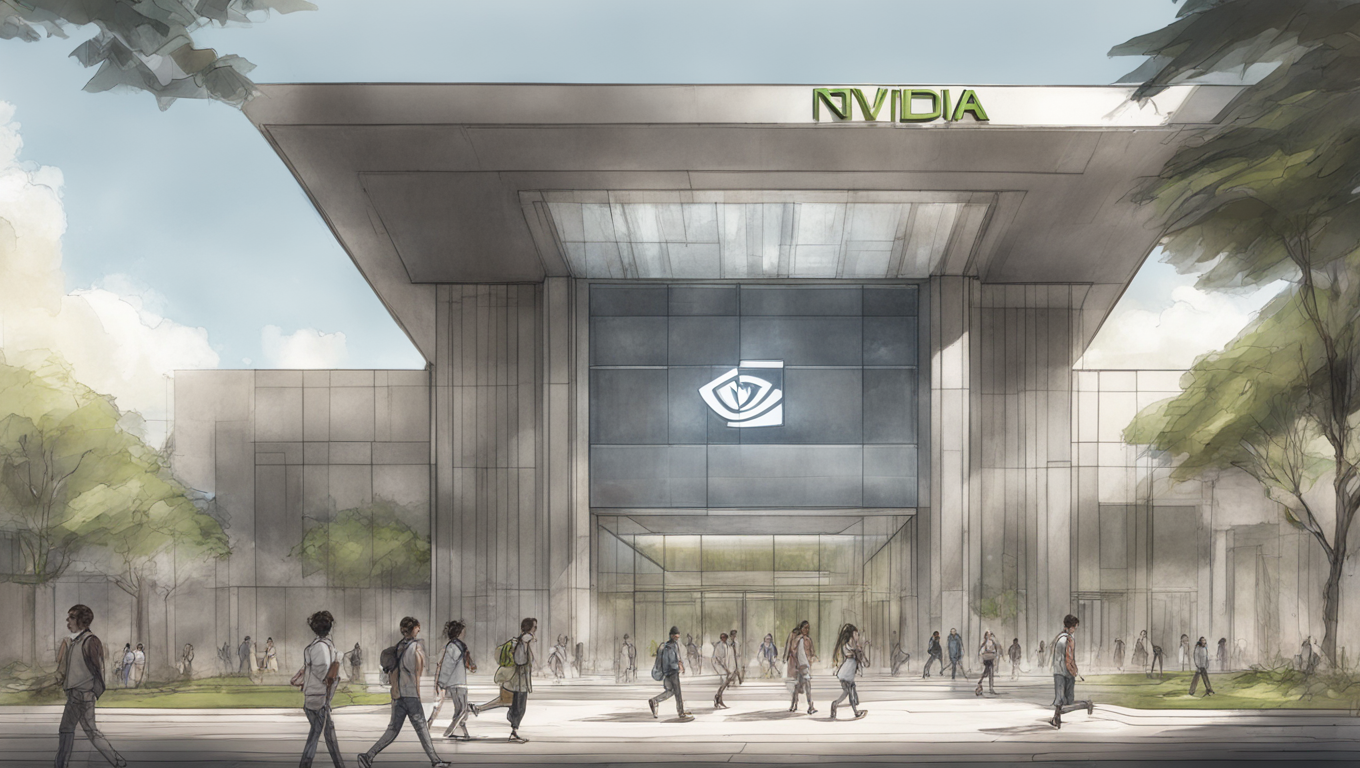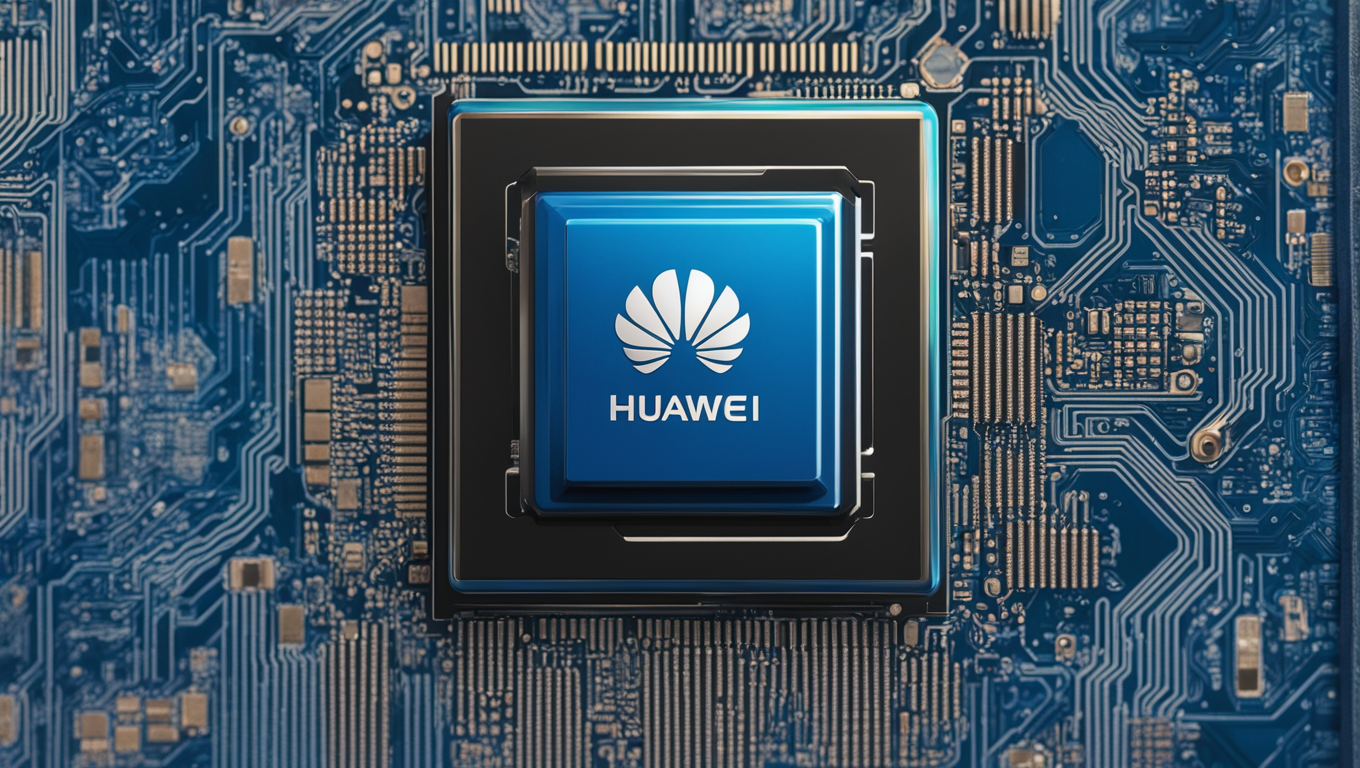Nvidia, one of the leading chipmakers in the United States, has announced plans to begin mass production of their highly-anticipated H20 artificial intelligence (AI) chip in the second quarter of 2024. This chip, specifically designed for the Chinese market, aims to comply with U.S. export rules, allowing Nvidia to continue operating within the strict regulatory framework. The H20 chip is part of a trio of China-focused chips that Nvidia has developed to meet the restrictions outlined in October of last year.
Initially, the H20 chip was scheduled for launch in November 2023. However, the release was delayed due to difficulties faced by server manufacturers in integrating the chip. Despite this setback, Nvidia is now ready to move forward with mass production, albeit in limited quantities initially. The company plans to primarily fulfill orders from major customers. As of now, there has been no official confirmation from Nvidia regarding the sale of the H20 or its other China-compliant chips, the L20 and L2.
Chinese companies, however, have reportedly expressed hesitancy in purchasing the downgraded H20 chip. In response, they have begun exploring domestic alternatives, wary of potential future restrictions imposed by the U.S. market. Baidu, the prominent Chinese search engine leader, for instance, has already started ordering AI chips from Huawei Technologies, signaling a shift away from Nvidia.
The H20, L20, and L2 chips developed by Nvidia retain most of the company’s cutting-edge AI features. However, to meet the new regulatory requirements, the computing power of these chips has been reduced. According to analysis from SemiAnalysis, a leading semiconductor industry research firm, the chips still offer significant capabilities for AI work despite the power reduction.
Nvidia’s strategic move to develop China-compliant chips comes in response to the tightening U.S. export restrictions that prevented the company from shipping its advanced A800 and H800 AI chips. Introduced as alternatives for the Chinese market in November 2022, these chips were meant to cater to the demanding needs of Chinese customers. However, the recent restrictions necessitated the creation of the new H20, L20, and L2 chips.
This bold step by Nvidia demonstrates the company’s commitment to preserving its market share in China. By actively adhering to regulatory guidelines and focusing on China-specific solutions, Nvidia aims to maintain its position as a leader in the AI chip industry. As the demand for AI technology continues to grow rapidly, the successful production and adoption of these China-compliant chips will be critical to Nvidia’s success in the Chinese market.





Use the share button below if you liked it.